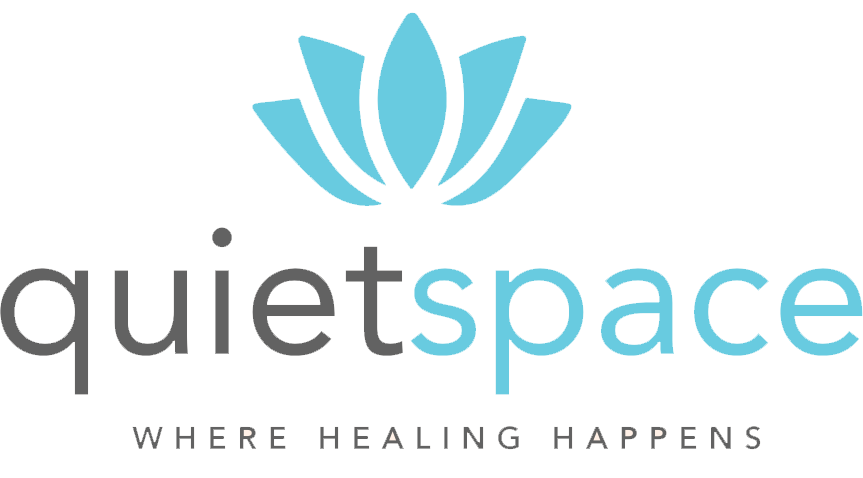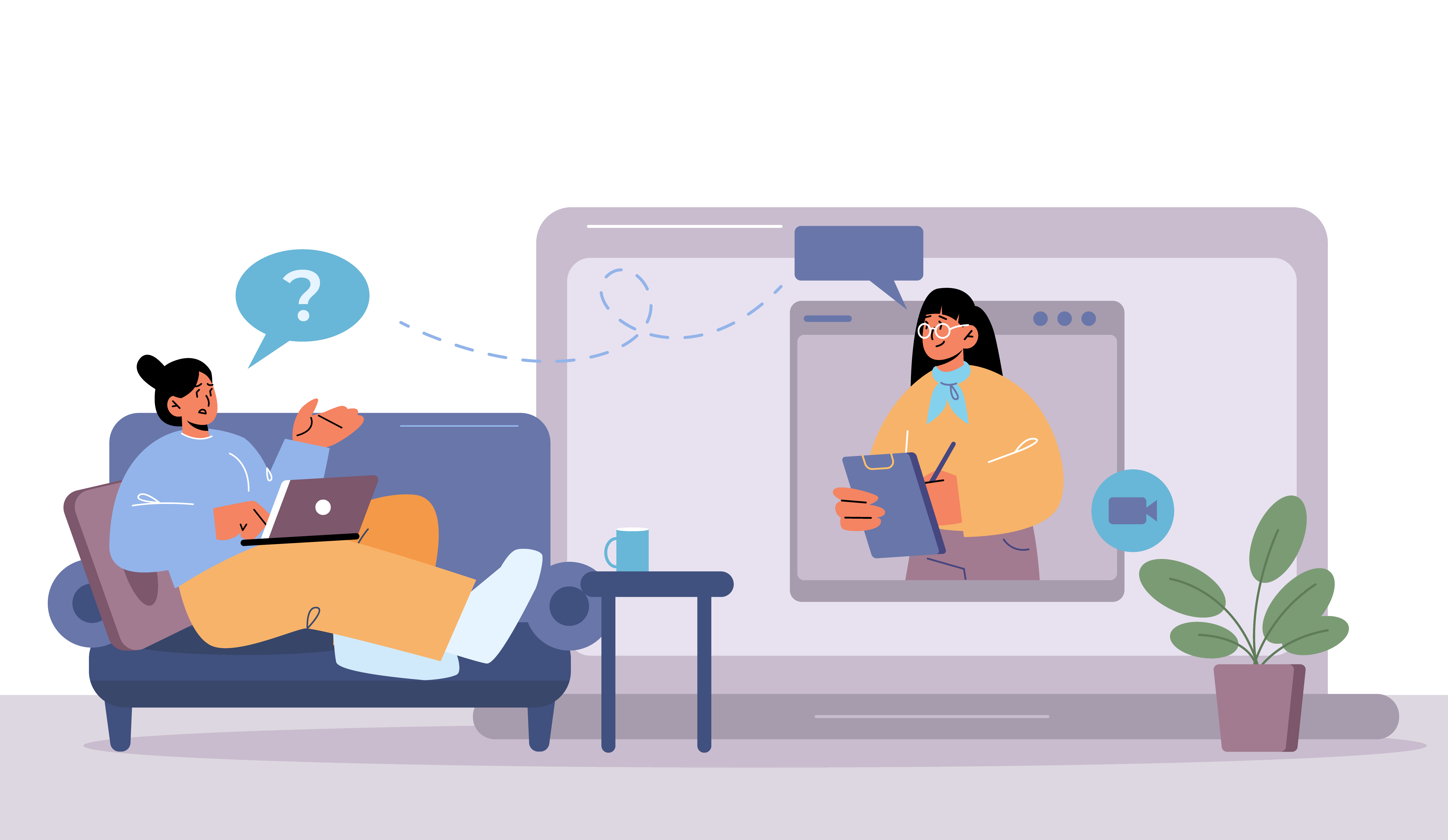Cognitive Behavioral Therapy
Cognitive Behavioral Therapy
CBT is a widely used and effective form of therapy that focuses on understanding and changing the way we think and act. Imagine your mind is like a garden, and sometimes negative thoughts and behaviors can be like weeds that affect your mental well-being. CBT helps you identify these unhelpful patterns and replace them with more positive and constructive ones. It's like learning to spot the weeds and replace them with beautiful, healthy plants. CBT equips you with practical tools and strategies to manage anxiety, depression, stress, and other emotional challenges, enabling you to navigate life's difficulties with greater ease.
Interpersonal Therapy
Interpersonal Therapy
Interpersonal therapy (IPT) concentrates on the relationships you have with people in your life, such as family, friends, or colleagues. Picture IPT as a map that helps you navigate the complex terrain of human interaction. It's like having a skilled navigator who assists you in understanding your communication patterns, resolving conflicts, and addressing emotional issues in your relationships. IPT focuses on improving your social skills and emotional connections, ultimately leading to healthier, more fulfilling relationships. By working on your interpersonal skills, you'll find it easier to build and maintain meaningful connections with those around you.
Couples Therapy
Couples Therapy
Couples therapy is like a workshop for partners who want to improve their relationship. Think of it as a dedicated space where a trained therapist serves as a guide for you and your partner. Just like a mechanic fine-tunes a car to run smoothly, couples therapy helps fine-tune your relationship. It's about addressing any issues you may be facing, whether it's disagreements, trust issues, communication problems, or simply wanting to strengthen your bond. Through couples therapy, you'll learn effective communication techniques, gain insight into your partner's perspective, and work together to create a stronger and more harmonious partnership.
Dialectical Behavior Therapy
Dialectical Behavior Therapy
Dialectical behavior therapy (DBT) is a type of therapy that helps you manage intense emotions, improve relationships, and develop coping skills. Think of it as a toolbox for your mind. It teaches you ways to handle strong feelings like anger, sadness, or anxiety without being overwhelmed. DBT also focuses on improving communication with others, so it's like learning to navigate the ups and downs of life's emotional rollercoaster while building better connections with people around you.
Psychodynamic Therapy
Psychodynamic Therapy
Psychodynamic therapy dives into your past experiences and unconscious thoughts to understand how they shape your present behavior and emotions. Imagine your mind as an iceberg, with some thoughts hidden beneath the surface. Psychodynamic therapy is like diving deep to explore those hidden thoughts and patterns. It helps you uncover and process unresolved issues from your past, providing insight into why you feel and behave the way you do today. It's a bit like solving puzzles to gain a better understanding of yourself and your motivations.
Emotionally Focused Therapy (EFT)
Emotionally Focused Therapy (EFT)
Emotionally Focused Therapy functions as a relational architect, honing in on the intricate dance of emotions within couples. Like a skilled mediator, it guides partners to unearth and express their deepest feelings, fostering a secure emotional connection. Imagine it as a compass, navigating the nuanced terrain of relationships, steering individuals away from emotional discord toward the serenity of understanding and intimacy.
Acceptance and Commitment Therapy (ACT)
Acceptance and Commitment Therapy (ACT)
Acceptance and Commitment Therapy acts as a life strategist, coaching individuals through the challenging landscape of thoughts and emotions. Much like a compass, it encourages acceptance of inner struggles while guiding towards committed actions aligned with personal values. Picture it as a dynamic roadmap, navigating the twists and turns of life, enabling individuals to move purposefully towards a fulfilling and value-driven existence.
Mindfulness-Based Therapy
Mindfulness-Based Therapy
Mindfulness-Based Therapy operates as a mental wellness sculptor, molding the skill of being present. Like a serene oasis, it offers tools for individuals to cultivate awareness and observe their thoughts and emotions without judgment. It's akin to a mindful journey, strolling through the garden of consciousness, tending to the blossoms of inner peace and clarity.
Mentalization-Based Therapy
Mentalization-Based Therapy
Mentalization-Based Therapy acts as a psychological translator, decoding the intricate language of thoughts and emotions. Comparable to mastering a new language, it enhances the capacity to understand and empathize with oneself and others. Picture it as a bridge, connecting individuals to a deeper understanding of their emotional landscape and fostering enriched social interactions.
Humanistic Therapy
Humanistic Therapy
Humanistic Therapy serves as a personal growth gardener, nurturing individuals on a journey of self-discovery. Like sunlight coaxing a flower to bloom, it empowers individuals to unfold their unique qualities, fostering authenticity and personal fulfillment. Imagine it as a guide, encouraging individuals to explore the fertile soil of their potential for a more enriched and genuine existence.
Integrative Therapy
Integrative Therapy
Integrative Therapy acts as a mental health artisan, crafting a personalized toolkit from various therapeutic approaches. Think of it as a tailor, stitching together different techniques to address specific challenges and intricacies. It's a dynamic and customized approach, blending therapeutic modalities to create a comprehensive and effective path towards healing and well-being.

